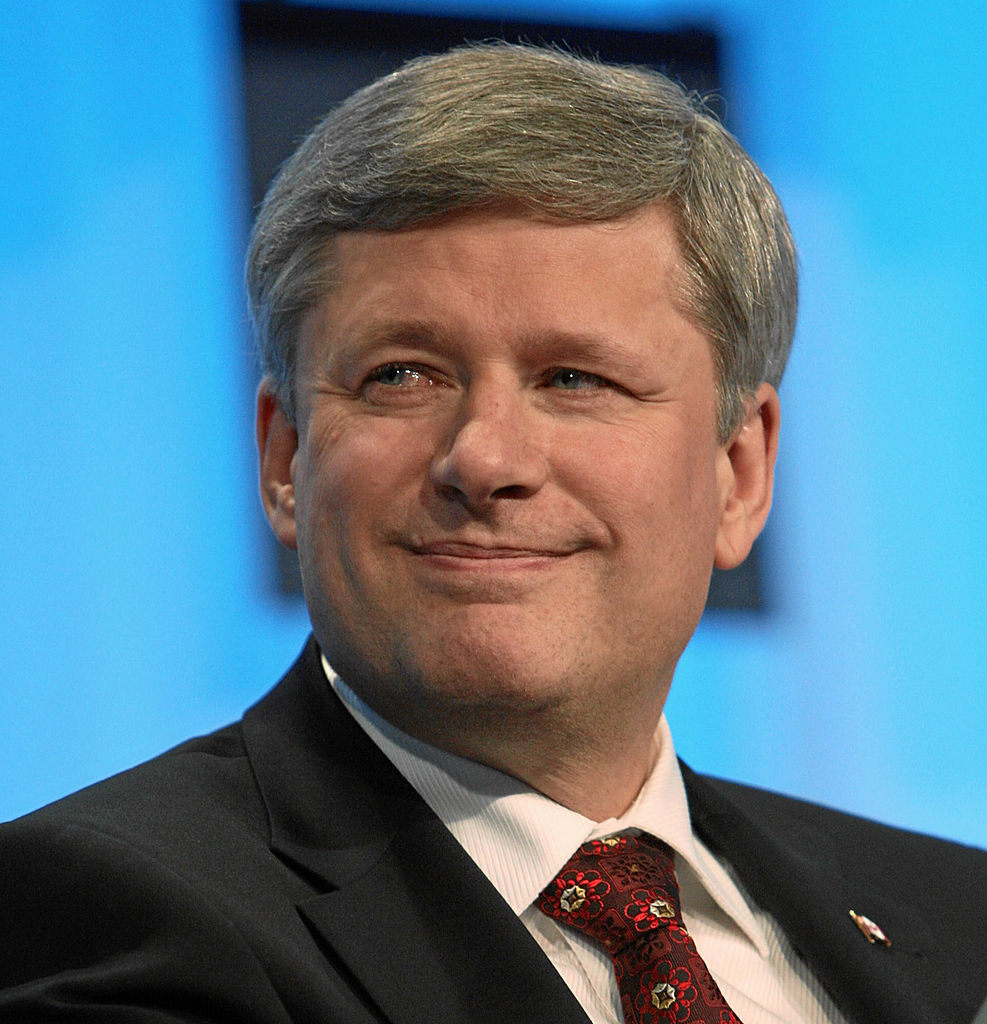Canadian Prime Minister Stephen Harper claims to take “strong, principled positions in our dealings with other nations, whether popular or not.” But, even the most ardent Conservative supporters must wonder what principled position is behind the recent government-sponsored arms deal with Saudi Arabia that will send over $10 billion worth of Light Armoured Vehicles to one of the most anti-woman and repressive countries in the world.
Saudi Arabia is ruled by a monarchy that’s been in power for more than seven decades. The House of Saud has outlawed labour unions and stifled independent media. With the Qur’an ostensibly acting as its constitution, over a million Christians (mostly foreign workers) in Saudi Arabia are banned from owning bibles or attending church while the Shia Muslim minority face significant state-sanctioned discrimination.
Outside its borders, the Saudi royal family uses its immense wealth to promote and fund many of the most reactionary, anti-women social forces in the world. They aggressively opposed the Arab Spring democracy movement through their significant control of Arab media, funding of authoritarian political movements and by deploying 1000 troops to support the 200-year monarchy in neighbouring Bahrain.
The Conservatives have ignored these abuses, staying quiet when the regime killed Arab Spring protesters and intervened in Bahrain. Worse still, the Harper government’s hostility towards Iran and backing of last July’s military takeover in Egypt partly reflects their pro-Saudi orientation. In a stark example of Ottawa trying to ingratiate itself with that country’s monarchy, Foreign Minister John Baird recently dubbed the body of water between Iran, Iraq and the Gulf states the “Arabian Gulf” rather than the widely accepted Persian Gulf.
Ottawa hasn’t hidden its affinity for the Saudi royal family. Baird praised a deceased prince for “dedicat[ing] his life to the security and prosperity of the people of Saudi Arabia” and another as “a man of great achievement who dedicated his life to the well-being of its people.”
“I am very bullish on where the Canadian-Saudi Arabian relationship is going,” Ed Fast told the Saudi Gazette in August. On his second trip to the country in less than a year, Canada’s International Trade Minister boasted about the two countries’ “common cause on many issues.”
Fast is not the only minister who has made the pilgrimage. Conservative ministers John Baird, Lawrence Cannon, Vic Toews, Maxime Bernier, Gerry Ritz, Peter Van Loan, and Stockwell Day (twice) have all visited Riyadh to meet the king or different Saudi princes.
These trips have spurred various business accords and an upsurge in business relations. SNC Lavalin alone has won Saudi contracts worth $1 billion in the last two years.
As a result of one of the ministerial visits, the RCMP will train Saudi Arabia’s police in “investigative techniques.” The Conservatives have also developed military relations with the Saudis. In January 2010, HMCS Fredericton participated in a mobile refueling exercise with a Saudi military vessel and, in another first, Saudi pilots began training in Alberta and Saskatchewan with NATO’s Flying Training in Canada (NFTC) in 2011.
The recently announced arms deal will see General Dynamics Land Systems Canada deliver Light Armoured Vehicles (LAVs) to the Saudi military. Canada’s biggest ever arms export agreement, it’s reportedly worth $10-13 billion over 14 years.
The LAV sale is facilitated by the Canadian Commercial Corporation, which has seen its role as this country’s arms middleman greatly expanded in recent years. The Conservative government has okayed and underwritten this deal even though Saudi troops used Canadian built LAVs when they rolled into Bahrain to put down pro-democracy demonstrations in 2011.
This sale and the Conservatives’ ties to the Saudi monarchy demonstrate exactly what principles Harper supports: misogyny, military repression, monarchy over democracy and commercial expediency, especially when it comes to the profits of a U.S. owned branch plant arms dealer.
Image: Wikimedia Commons



